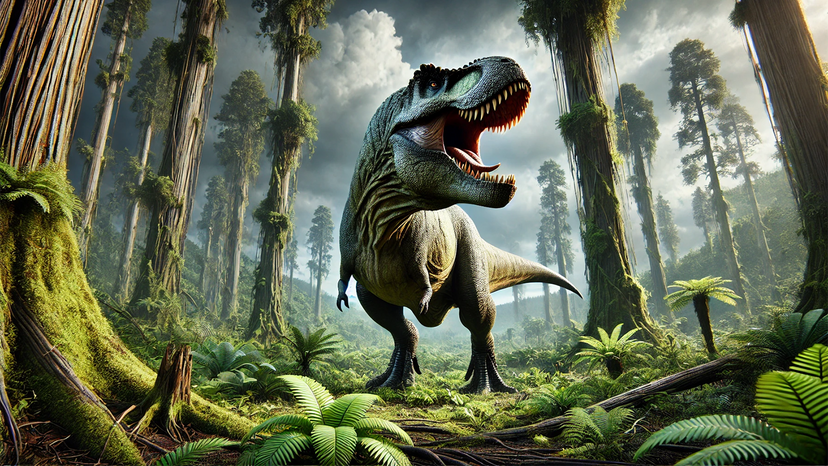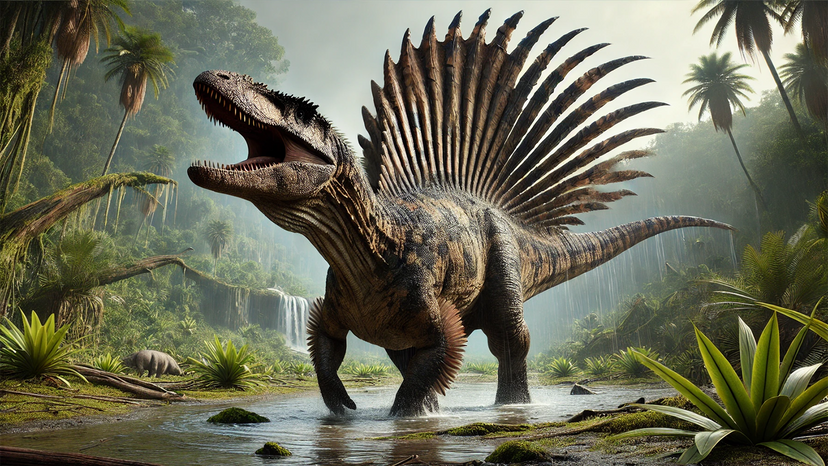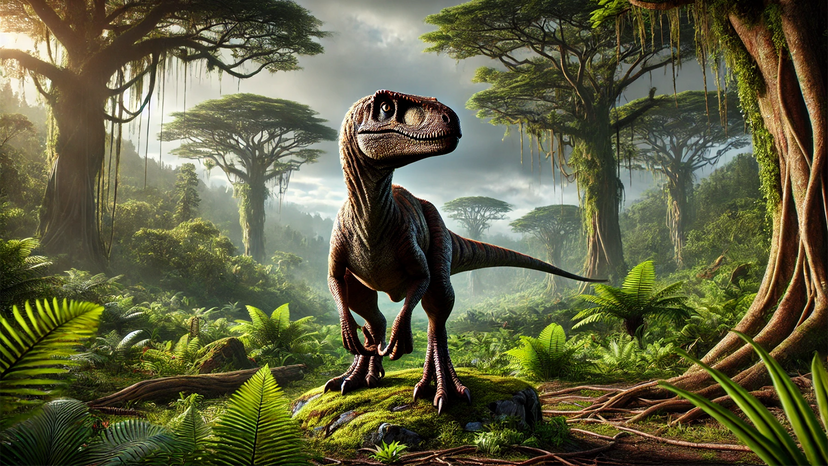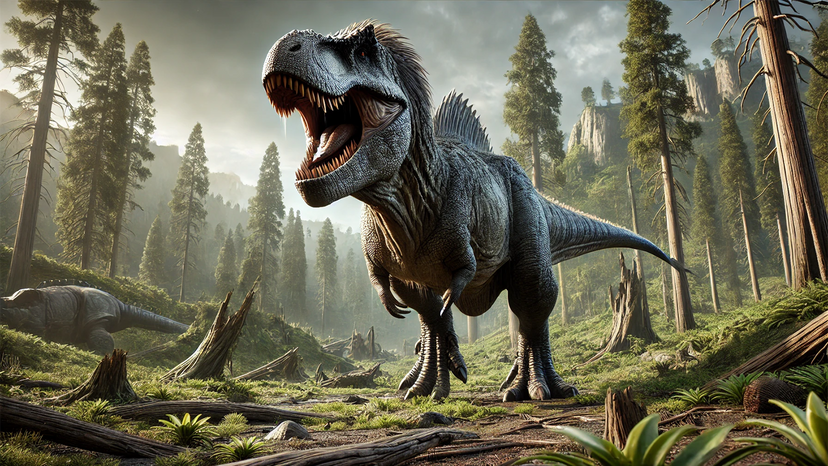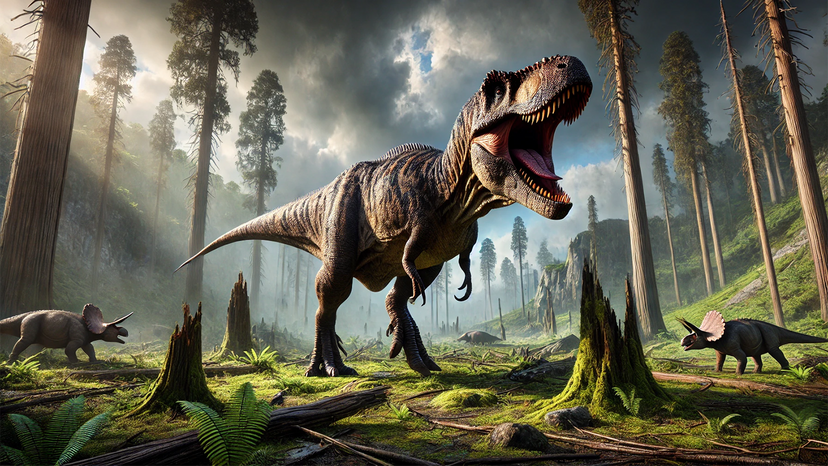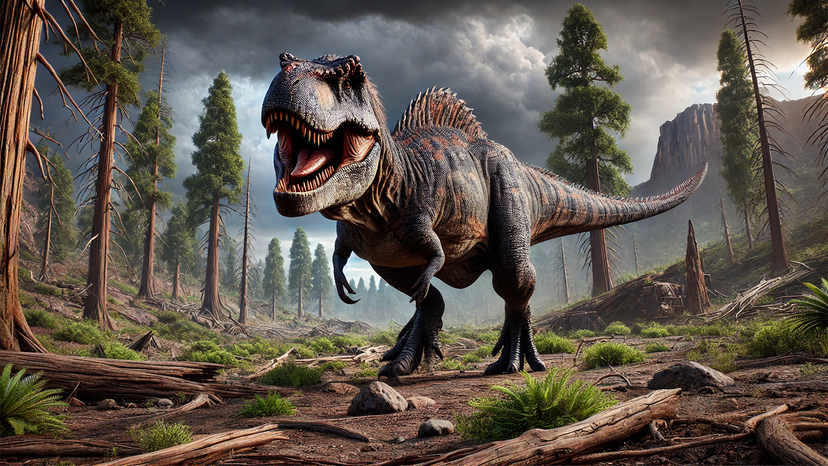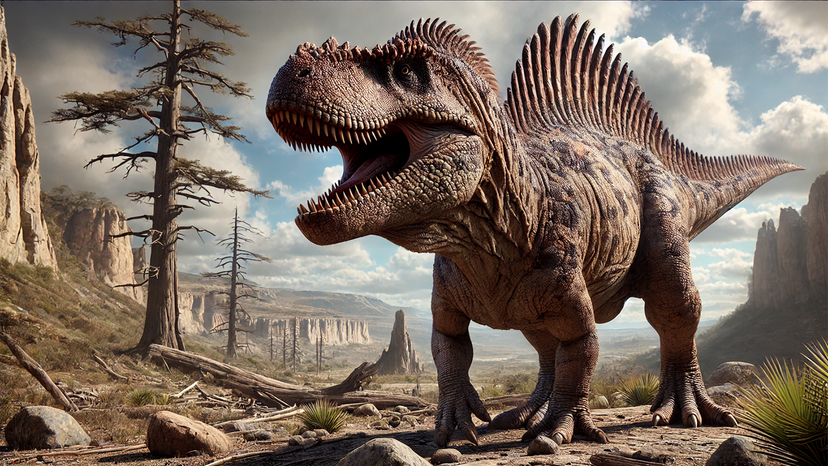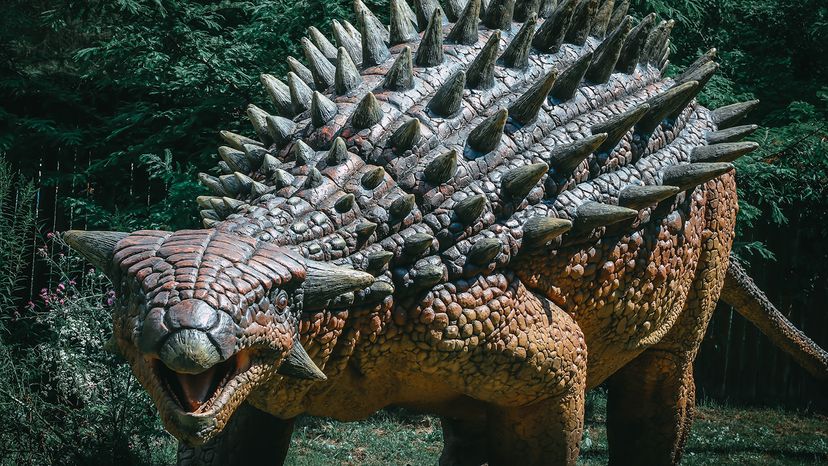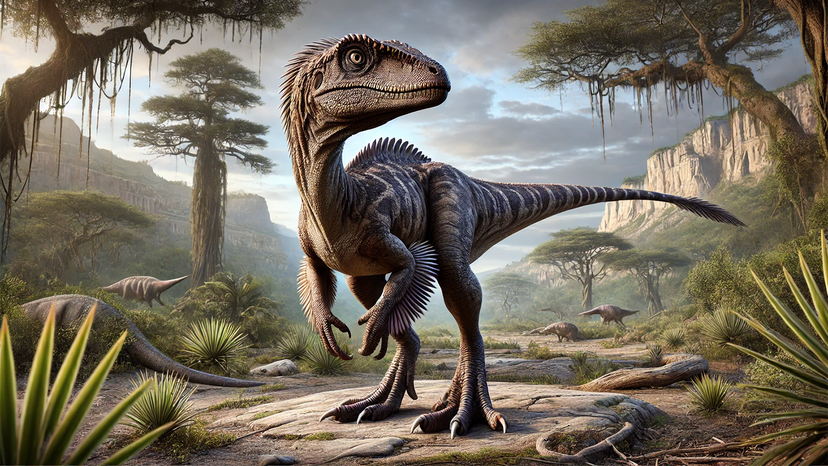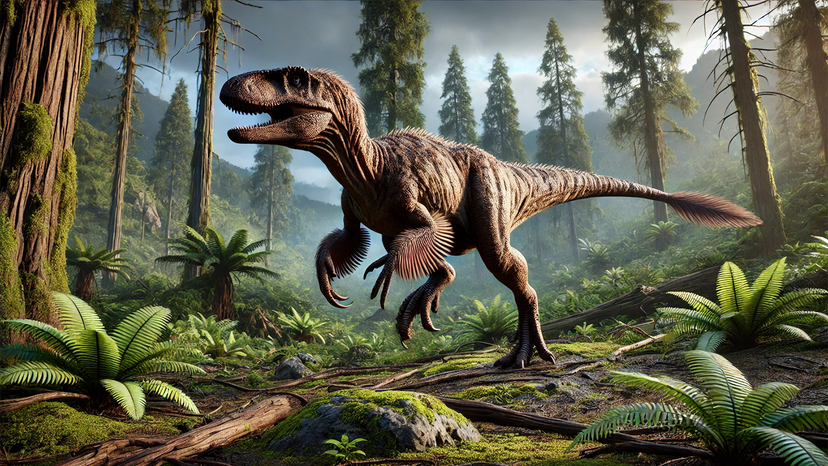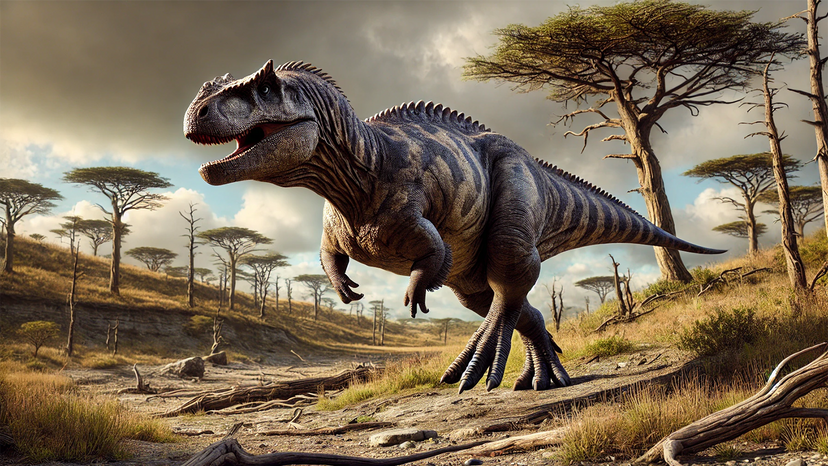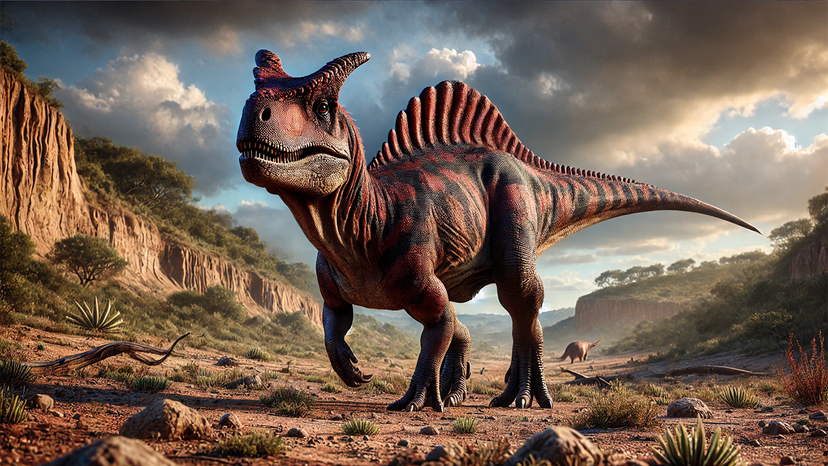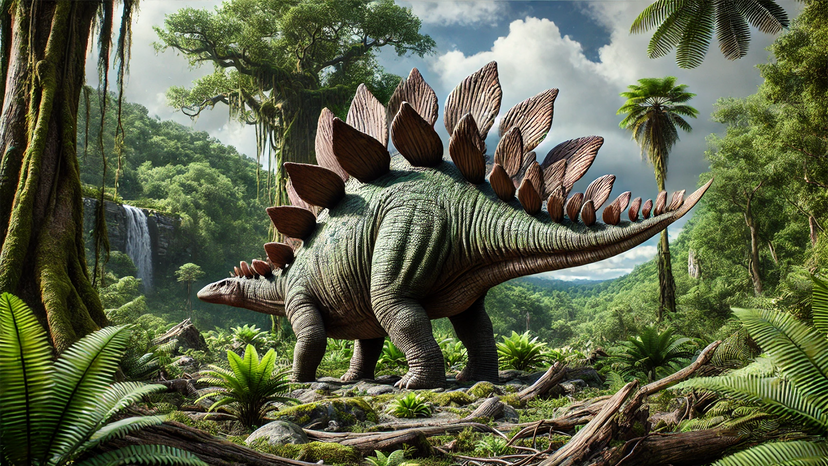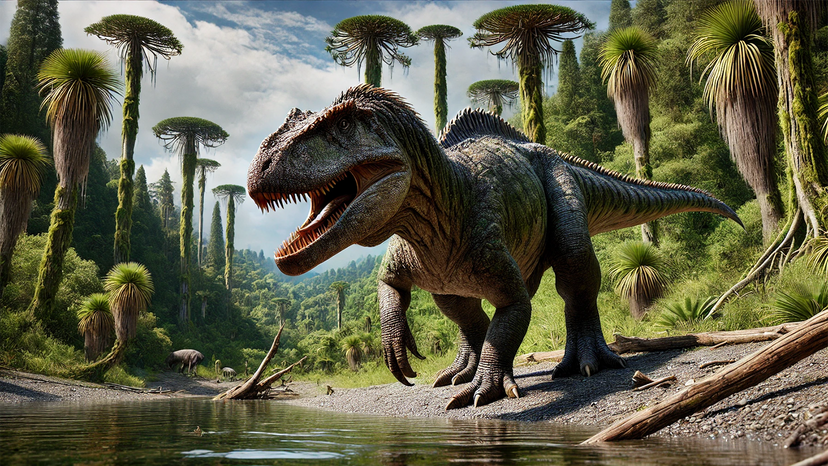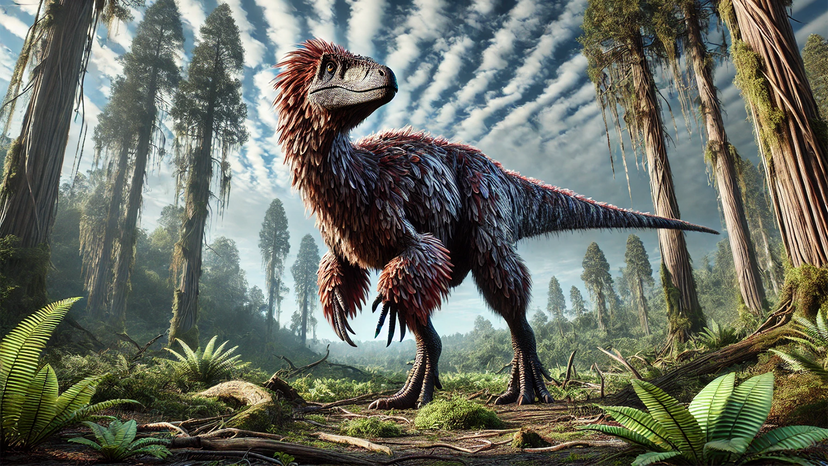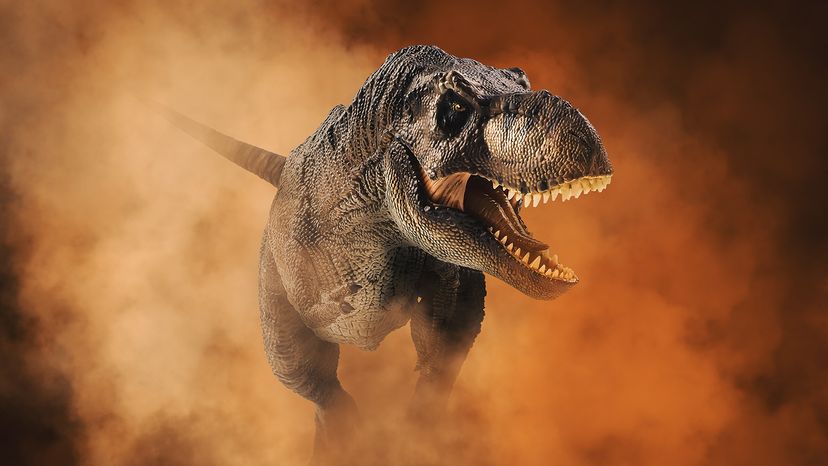
Dinosaurs ruled the Earth millions of years ago, and while many were peaceful herbivores, others were some of the most dangerous animals to ever walk the planet.
So, what makes for the most dangerous dinosaur? Traits like a massive size, powerful jaws, sharp claws and, in some cases, packs of hunting companions. Combine these with specialized adaptations, and you've got some of the scariest and deadliest dinosaurs the world has ever seen.
Advertisement
Whether they were carnivorous predators or armored herbivores capable of defending themselves with deadly force, these dinosaurs were not to be messed with. Let's dive into the 15 most dangerous dinosaurs, ranked from the absolute king of terror to those that were more defensive but still deadly in their own right.
